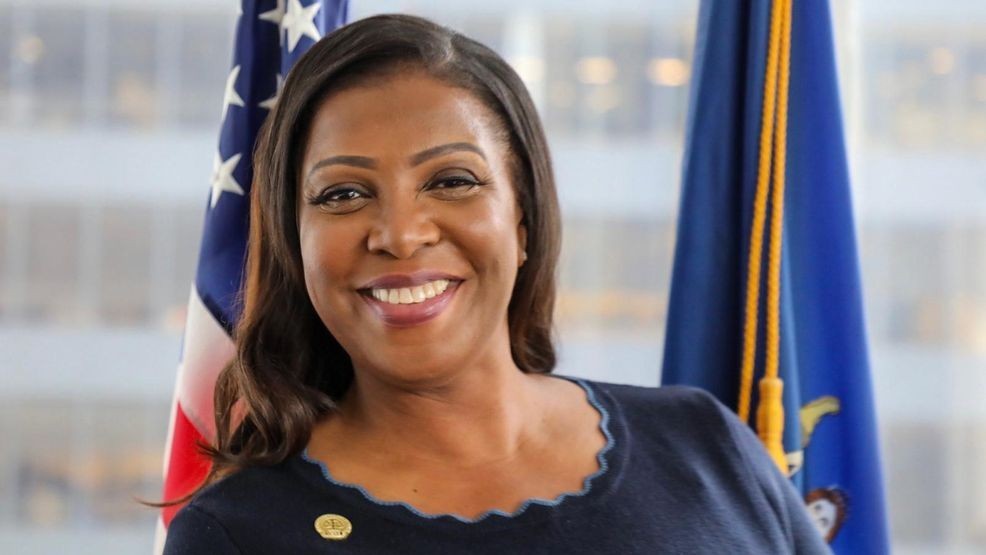New York (WRGB) — New York Attorney General Letitia James announced a settlement with MVP Health Plan to address inaccuracies in its mental health provider directory. The agreement mandates MVP to implement industry-leading reforms to ensure the accuracy of its online provider listings and improve access to mental health care.
The settlement follows an investigation by the Office of the Attorney General (OAG) that revealed systemic issues within MVP’s network, including incorrect directory information that may have hindered members’ access to care or forced them to pay out-of-pocket for out-of-network treatment.
Attorney General James said,
New Yorkers seeking mental health care deserve timely, accurate information. When families turn to their health plans for help, they should be able to trust that the information they are given is reliable, and that they can access care without unnecessary obstacles.
The OAG’s investigation, which began in 2023, included a secret shopper survey of mental health providers listed in MVP’s directory. It found that all contacted providers, listed as “accepting new patients,” were either unreachable or not accepting new patients. MVP lacked a process to routinely verify providers’ availability.
Under the agreement, MVP must provide financial restitution to eligible members who overpaid for mental health care due to inaccurate listings or a lack of available in-network providers since January 1, 2020. An OAG-approved compliance administrator will oversee the restitution process, and MVP is required to notify eligible members and post claim submission information on its website. Additionally, MVP will pay $250,000 in penalties, fees, and costs to New York State.
In the release, it says MVP is required to overhaul its provider directory to ensure all listed mental health providers are actively in-network, accepting new patients, and reachable. The company must update listings within 15 days of receiving updated information and remove providers who fail to respond to verification requests or are not accepting new patients.
Attorney General James is also requiring MVP to implement a robust verification process. Every 90 days, the company must contact each provider in its network to confirm their participation and availability. MVP must also adopt protocols to ensure timely responses to member inquiries and create a complaint monitoring system to track issues with network access and directory accuracy.
An OAG-approved compliance administrator will monitor MVP’s compliance with these reforms for at least two years. The administrator will conduct periodic audits of the directory’s accuracy, review member access to care, and evaluate whether MVP is meeting network adequacy standards. They will also assess MVP’s reimbursement rates and out-of-network utilization, focusing on identifying disparities between mental health and medical or surgical services.
MVP has committed to making new investments in improving its mental health provider network. These investments could include recruiting additional psychiatrists and psychiatric nurse practitioners who treat children and adolescents, assisting providers with navigating MVP’s systems, or conducting outreach to help members understand and access the mental health services available to them.
Nathan McLaughlin, Executive Director of the National Alliance on Mental Illness, New York State said,
NAMI New York State wholeheartedly supports the Attorney General’s action to reform insurer provider networks, because there is no Health Care without Mental Health Care. These directory reforms are critical to preventing ghost networks and ensuring that all New Yorkers—particularly those most vulnerable—can securely and efficiently find in-network care when they need it most.
Glenn Liebman, CEO of Mental Health Association in New York State said,
This year is the 20th anniversary of New York’s passage of mental health insurance parity — Timothy’s Law — yet there are still insurers and plans that have not been compliant with the law. Tough enforcement actions are needed, and we thank Attorney General James and her team for their leadership.
The matter was handled by Assistant Attorneys General Michael Reisman and Carol Hunt under the supervision of Health Care Bureau Chief Sudarsana Srinivasan, with assistance from Assistant Attorney General Gina Bull of the Executive Division.

